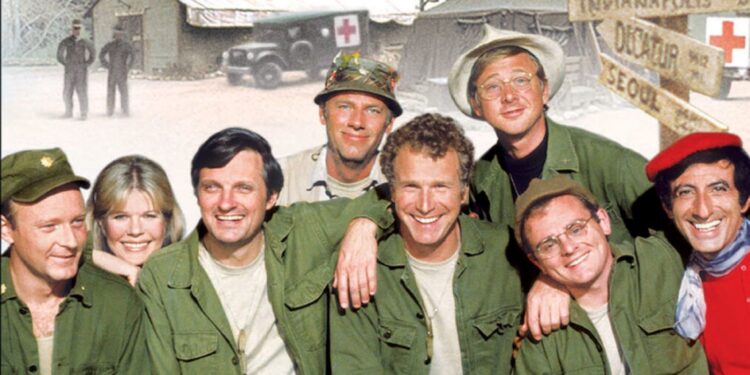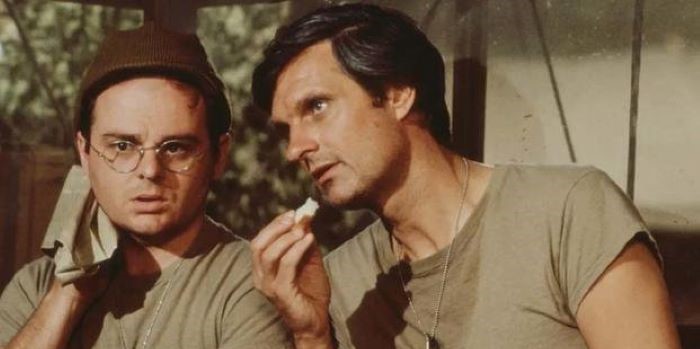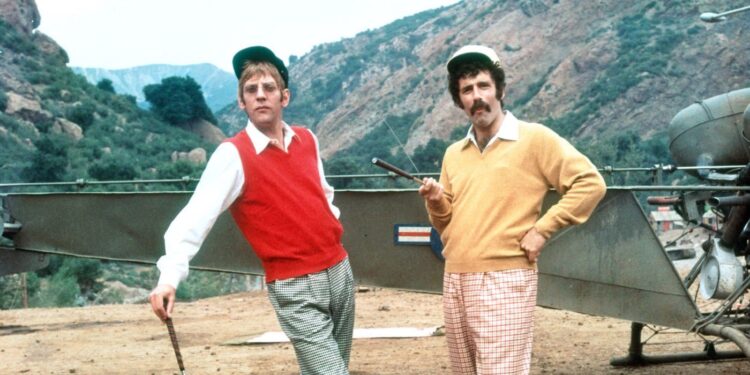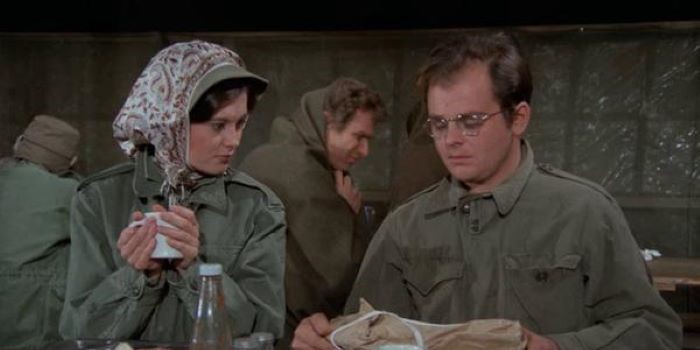In the history of television, M*A*S*H stands as an iconic show that forever changed the landscape of comedy. With its unique blend of humor and heart, this classic war comedy left quite the mark on audiences worldwide. But beyond the laughter, M*A*S*H delivered something far more profound.
The show itself tackled important social and political issues of its time, making it more than just a sitcom. With its satirical take on the Vietnam War, M*A*S*H sparked meaningful conversations about the realities of war. The show’s dedication to addressing sensitive topics and humanizing the characters touched the hearts of millions and solidified its place in television history. So let’s delve into the intricacies of the show itself.
The Historical Context Of M*A*S*H

M*A*S*H premiered in 1972, during a tumultuous time in American history. The Vietnam War was still ongoing, and the country was deeply divided over its involvement. The show, set during the Korean War, served as a clever allegory for the Vietnam War. Altogether, it allowed viewers to reflect on the current conflict through the lens of the past.
M*A*S*H cleverly used satire and comedy to address serious issues, such as the horrors of war, the dehumanization of soldiers, and the impact of bureaucracy on the frontline. By placing these themes in a comedic setting, the show was able to engage viewers. Furthermore, it prompted them to think critically about the realities of war. Overall, the show challenged societal norms and pushed the boundaries of what was acceptable for television at the time.
The Show’s Impact On Television As A Whole

M*A*S*H not only pushed boundaries in terms of content but also set new standards for storytelling. The show was one of the first to seamlessly blend comedy and drama, and it did so with remarkable finesse. Its writing was sharp and witty, navigating effortlessly between humorous moments and poignant ones. The ensemble cast, led by Alan Alda as Captain Hawkeye Pierce, brought the characters to life with depth and authenticity.
The show’s success paved the way for future shows to explore serious subjects through comedy. It demonstrated that laughter could be a powerful tool for addressing important social and political issues. Even more, its influence can be seen in subsequent shows like The West Wing and Parks and Recreation, which also used humor to tackle complex topics.
M*A*S*H As A Commentary On War And Society

At its core, M*A*S*H was a scathing critique of war and the institutions that perpetuate it. The show didn’t just highlight the absurdity and futility of war. It equally questioned the motives behind conflicts and the toll they take on humanity. In the process, it tackled issues like the dehumanization of soldiers and the psychological trauma experienced by those involved.
Through its satire, M*A*S*H held a mirror up to society and forced viewers to confront uncomfortable truths. It challenged the glorification of war and reminded us of the human cost. The show was unafraid to tackle controversial topics head-on, sparking thought-provoking conversations and challenging the status quo.
The Lasting Legacy Of M*A*S*H

It’s safe to say that M*A*S*H has a legacy that extends far beyond its original run. The show’s impact can still be felt today. In fact, its influence is evident in the way television tackles serious subjects. The show itself went a long way to pave the way for shows that blend comedy and drama. In the process, it allowed for complex storytelling that resonates with audiences. But, that’s not all, the show also spawned spin-offs and adaptations, including the popular series AfterMASH and Trapper John, M.D. While these spin-offs did not reach the same level of success as the original, they kept the spirit of M*A*S*H alive. At the end of the day, the show allowed viewers to continue exploring the lives of their favorite characters.
Overall, it had quite a profound cultural impact was its ability to humanize the characters. Each member of the ensemble cast had their own quirks, flaws, and vulnerabilities. That went a long way to make them both relatable and endearing. Viewers grew attached to these characters and invested in their stories, which allowed the show to explore deep emotional territory.
 Follow Us
Follow Us





